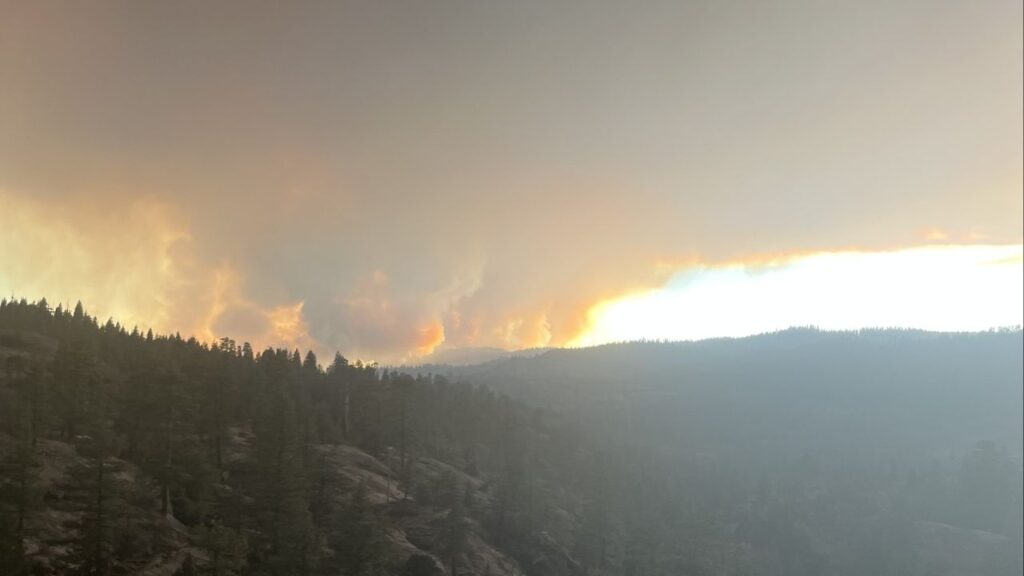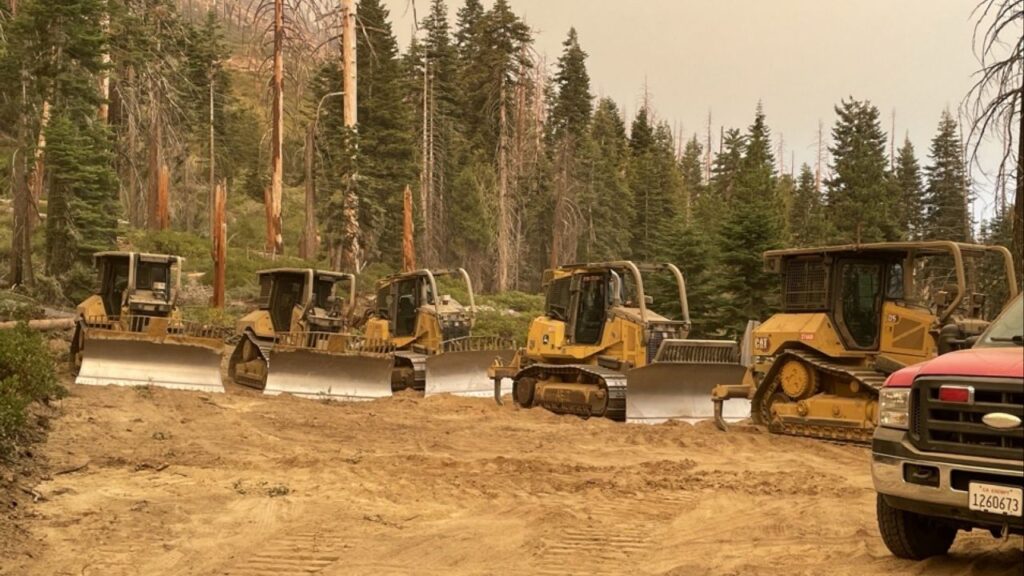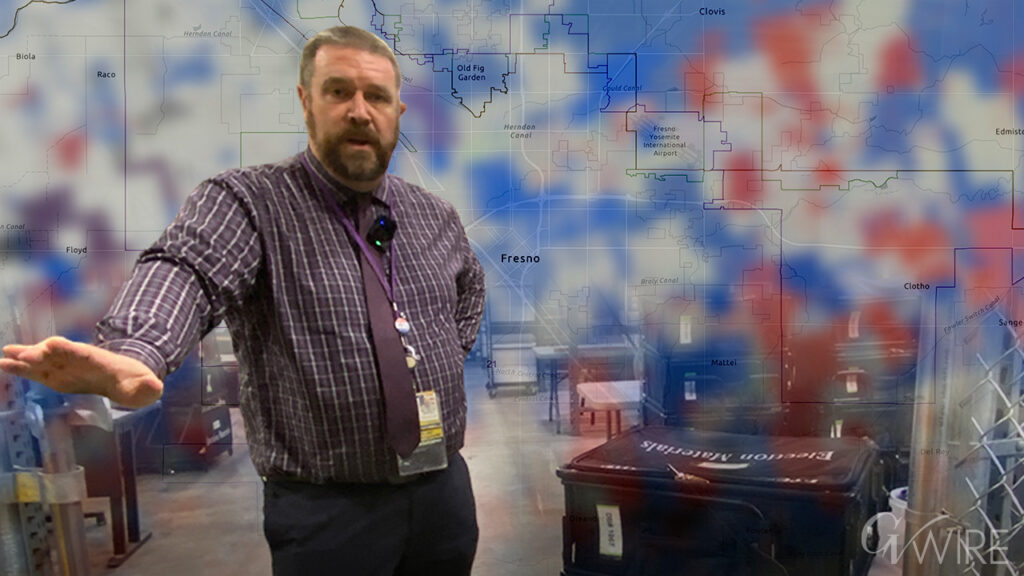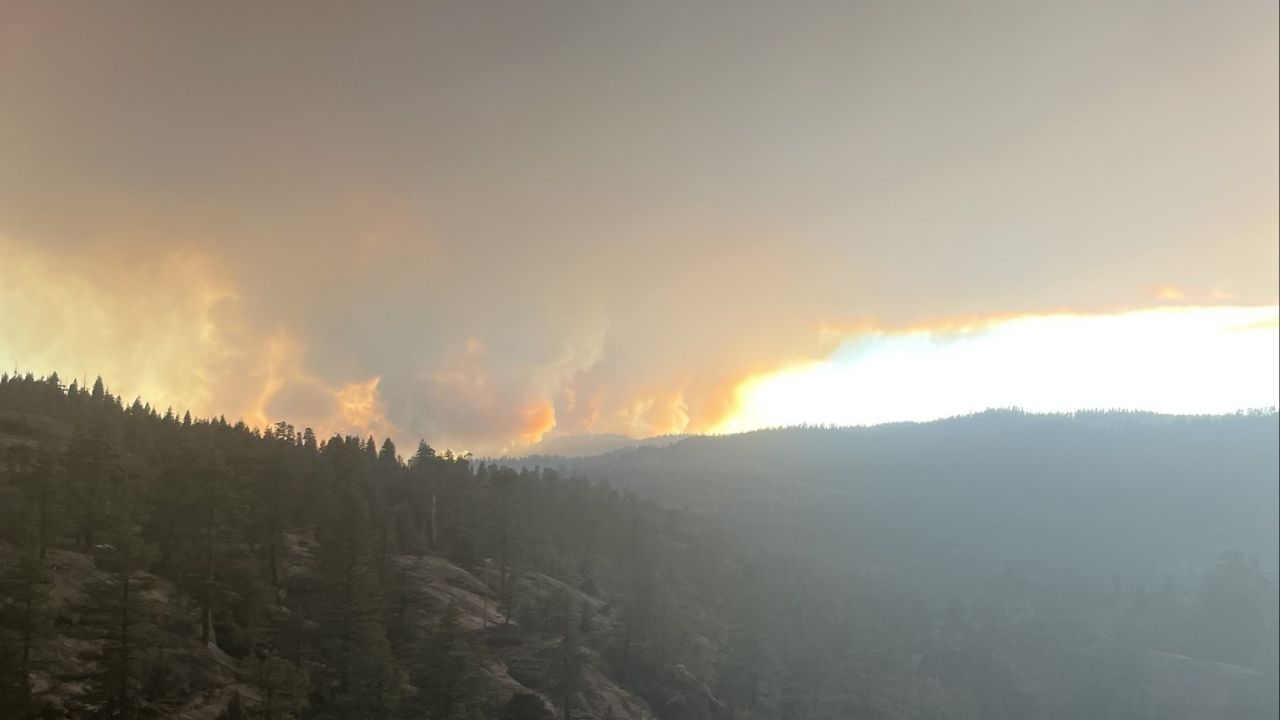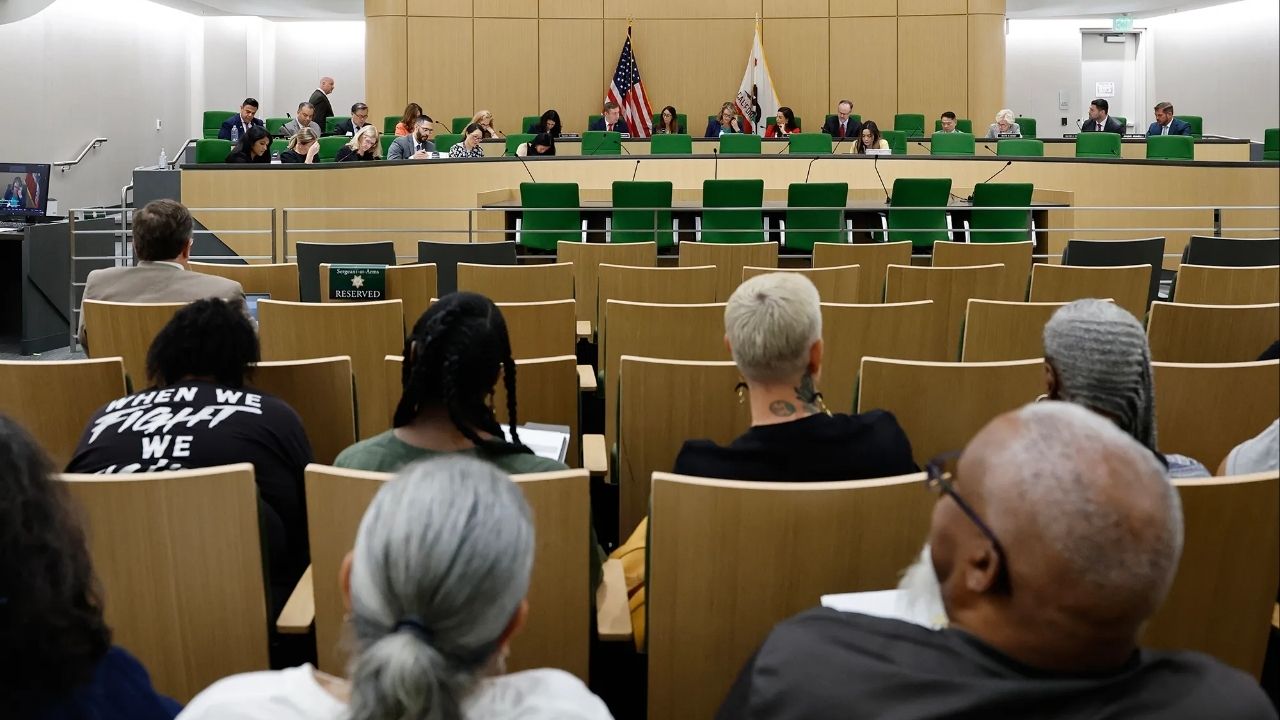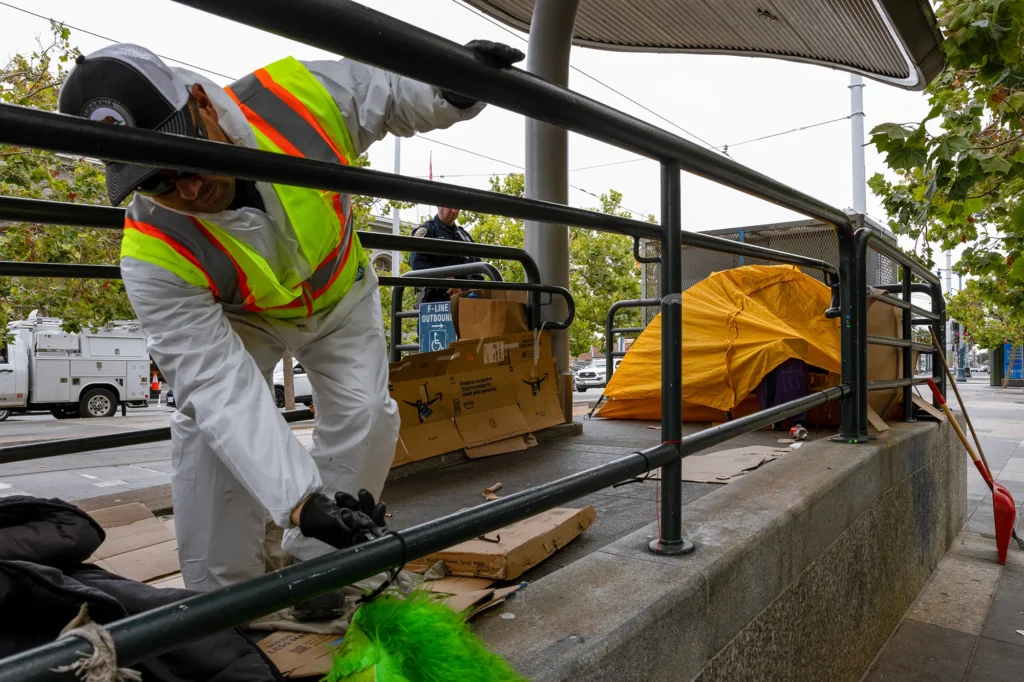[location-weather id="102511"]
Trending
Trump Says He Will Order Voter ID Requirement for Every Vote
President Donald Trump said on Saturday that he will issue an executive order to require voter identification from every voter.
“Voter...
Politics /
9 hours ago
Labor Day Quiz: Do You Know What a Knocker-Upper Is?
Opinion /
9 hours ago
Latest
Videos

Local /
8 hours ago
Fresno County Garnet Fire Grows to 18,748 Acres in Sierra National Forest

World /
9 hours ago
Israel Pounds Gaza City Suburbs, Netanyahu to Convene Security Cabinet

Politics /
9 hours ago
Trump Says He Will Order Voter ID Requirement for Every Vote

World /
9 hours ago
Greta Thunberg Joins Flotilla Heading for Gaza With Aid

U.S. /
9 hours ago
Chicago Mayor Says Police Will Not Aid Federal Troops or Agents

World /
9 hours ago
Post-War Gaza Plan Sees Relocation of Population, ‘Digital Token’ for Palestinian Land: Washington Post

Video /
2 days ago
Fresno Blaze Damages Yosemite Falls Café, Restaurant to Remain Temporarily Closed
Central Valley
Featured
Local /
8 hours ago
Fresno County Garnet Fire Grows to 18,748 Acres in Sierra National Forest
A lightning-sparked wildfire, the Garnet Fire, in the Sierra National Forest has burned 18,748 acres in Fresno County and remains at 8% cont...

Courts /
1 day ago
Fresno Spotlight: Lawsuit in Killing of Homeless Man by Deputies Will Go to Trial

Local /
2 days ago
Valley Crime Stoppers’ Most Wanted Person of the Day: Curtis Wayne Recek

Video /
2 days ago
Fresno Blaze Damages Yosemite Falls Café, Restaurant to Remain Temporarily Closed
Videos

Video /
2 days ago
Fresno Blaze Damages Yosemite Falls Café, Restaurant to Remain Temporarily Closed

Video /
2 days ago
Egypt Rounds up Teenaged TikTokkers in Crackdown on Social Media
Education
California Schools Reverse Truancy Trends. Improving Reading Scores Could Be Next
Opinion /
1 day ago
Minneapolis Children Revealed Courage, Absorbed Fear During Church Shooting
U.S. /
3 days ago
Fresno Unified Employee With Cancer Alleges District Brass Conspired in Failed Try to Force Resignation
Courts /
3 days ago
Commentary
Commentary
Featured
Opinion /
9 hours ago
Labor Day Quiz: Do You Know What a Knocker-Upper Is?
As we celebrate America’s working men and women this Labor Day, we’re also aware that artificial intelligence and other new technologies are...
Sports

SF 49ers /
3 days ago
49ers Sign Former Clovis West Star as Their Third QB
Around the state

Opinion /
1 day ago
California Schools Reverse Truancy Trends. Improving Reading Scores Could Be Next

Economy /
4 days ago
Second-Highest Unemployment Rate Still In California
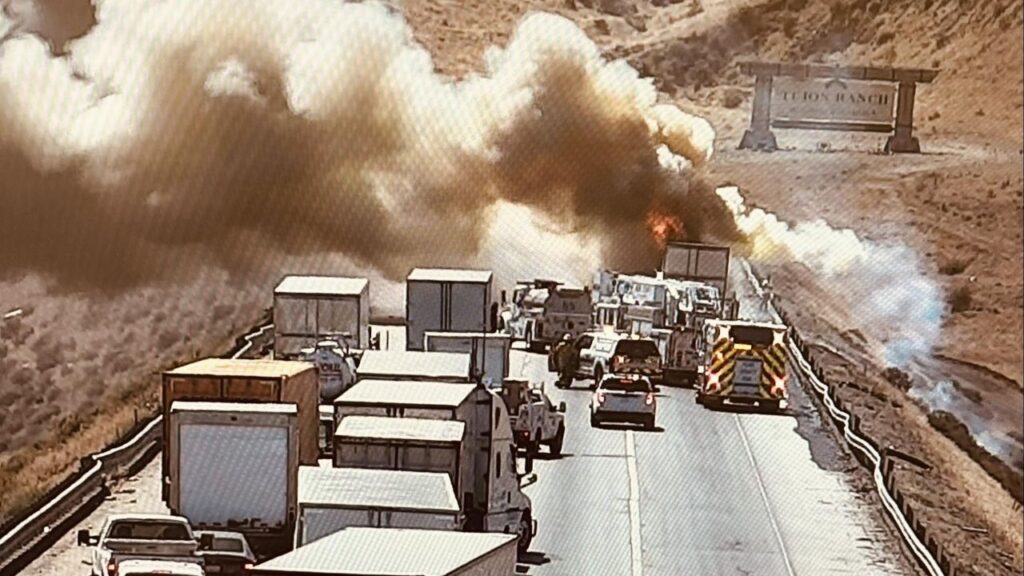
Travel /
4 days ago
Commercial Vehicle Fire Closes Southbound I-5 Near Grapevine

Animals /
4 days ago
Tensions Between Some Tahoe Residents and Wildlife Workers Become Unbearable
Global View
Israel Pounds Gaza City Suburbs, Netanyahu to Convene Security Cabinet
World /
9 hours ago
Greta Thunberg Joins Flotilla Heading for Gaza With Aid
World /
9 hours ago
Post-War Gaza Plan Sees Relocation of Population, ‘Digital Token’ for Palestinian Land: Washington Post
World /
9 hours ago
Evacuation of Gaza City Would Be Unsafe and Unfeasible, Says Head of Red Cross
World /
1 day ago
Prime Minister of Yemen’s Houthi Government Killed in Israeli Strike
World /
1 day ago
MORE NEWS
Entertainment

Events /
1 week ago
Find Out How You Can Watch Sold Out 72-Hour Film Race

Local /
1 week ago








